Understanding AI Agent
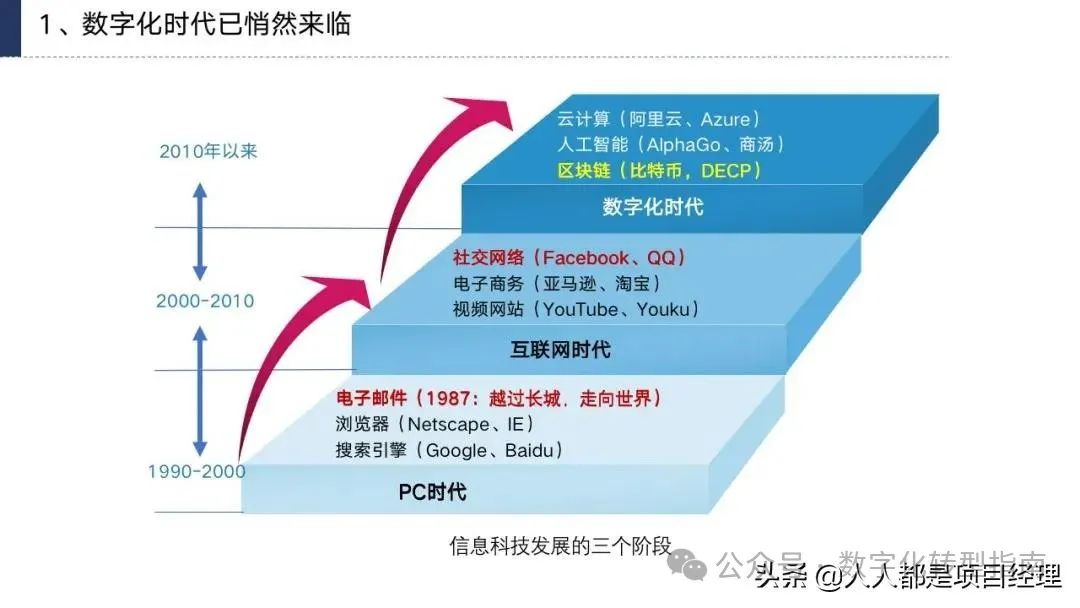
In today’s wave of digitalization, AI Agent has become a focal point of attention. So, what exactly is AI Agent? In simple terms, an AI Agent refers to an intelligent entity powered by a large language model (LLM), akin to an intelligent employee with independent thinking and action capabilities, able to understand tasks, plan steps, and execute complex operations on its own.
It mainly consists of core components such as the agent core, execution tools, planning modules, and relevant memory. The agent core functions like a brain, responsible for key decisions and clarifying overall goals; execution tools serve as its “toolbox,” encompassing various software, APIs, etc., to assist in task completion; the planning module can break down complex tasks into executable small steps; and relevant memory is responsible for storing past information, allowing it to refer to experiences when solving problems, providing coherent and personalized services.
The “Dilemma” of Digital Transformation in Enterprises
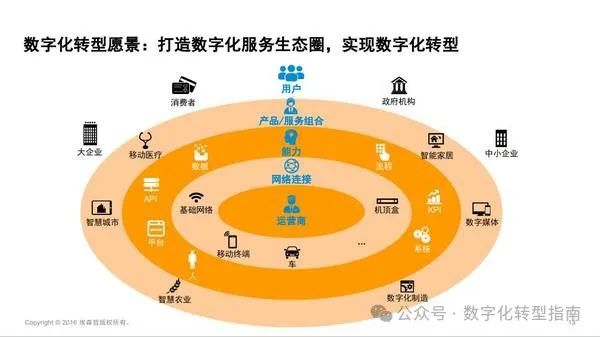
On the path of digital transformation, many enterprises are striving forward but encountering numerous thorny problems. Traditional workflows often rely heavily on manpower, leading to high labor costs. Take the financial process as an example; small and medium-sized enterprises often rely on manual operations, from invoice processing to report generation, consuming a lot of manpower and time. Data shows that manual operations such as invoice recognition, summarization, and verification can consume up to 300 hours of business time each month, not including the rework time due to errors.
Moreover, during cross-system data migration, manual operations are prone to errors due to difficulties in system integration. Different departments using systems act like “information silos,” making efficient communication challenging and increasing communication costs. Additionally, manually processed data can lead to delays, making it difficult to provide timely feedback, thus affecting the timeliness and accuracy of decision-making. For instance, in the logistics and warehousing sector, traditional warehouse management relies on human experience, leading to issues like incorrect receipts during inbound, random shelving, and difficulty in inventory queries; during outbound, picking is irregular, prone to errors, and difficult to implement first-in-first-out; and in the inventory management phase, manual counting is inefficient, often leading to discrepancies between accounts and reality, severely restricting operational efficiency. At this moment, enterprises urgently need a powerful assistant to break the deadlock, and AI Agent emerges as a solution.
Decoding the “Superpowers” of AI Agent
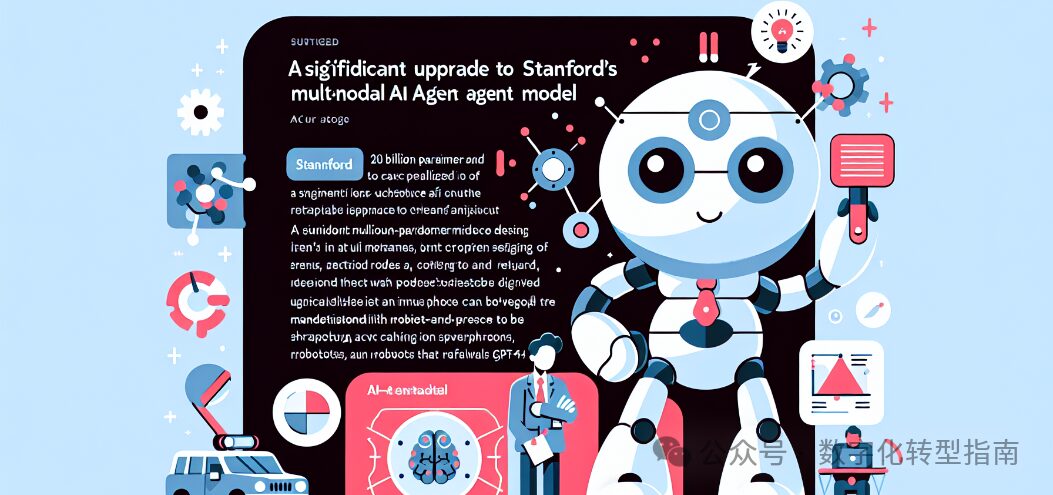
Autonomously Execute Complex Tasks
The autonomy of AI Agent is remarkable, capable of automatically breaking down complex tasks and executing them independently, without the need for constant human oversight. For example, in intelligent customer service, when faced with various inquiries from customers about product use and after-sales maintenance, traditional customer service relies on manual searches of knowledge bases, which is time-consuming and labor-intensive. In contrast, AI Agent can quickly grasp the core of the problem, accurately locate answers from a vast pool of knowledge, and respond promptly. If the issue involves multi-department collaboration, such as customer feedback regarding product software and hardware compatibility, it can simultaneously mobilize information from R&D, production, and other departments to provide a comprehensive solution, significantly enhancing service efficiency and customer satisfaction.
In the field of data analysis, AI Agent shines even brighter. Marketing departments need to analyze competitor dynamics and consumer preferences to formulate marketing strategies; previously, manual data collection, cleaning, and modeling analysis took anywhere from several days to several weeks. Now, AI Agent can connect to major e-commerce platforms, social media, and industry databases, instantly capturing massive amounts of data, automatically cleaning invalid information according to preset models, and using machine learning algorithms to deeply analyze data correlations, quickly gaining insights into market trends, providing strong support for enterprises to seize opportunities, making decision-making as precise and efficient as if equipped with “intelligent navigation”.
Intelligent Process Optimization
AI Agent acts like an tireless “process steward,” monitoring every aspect of the workflow in real-time. In manufacturing, it collects production line data through sensors, accurately identifying efficiency bottlenecks. For instance, if it detects an increase in defective rates for a particular process or frequent equipment failures, it immediately analyzes whether the issue is due to raw materials, improper worker operations, or equipment aging, swiftly providing optimization plans, adjusting process parameters, scheduling equipment maintenance, or changing raw material suppliers, significantly reducing production cycle delays caused by failures or rework.
In supply chain management, AI Agent tracks inventory, logistics, and order information in real-time. When it predicts a surge in product sales leading to inventory shortages, it immediately coordinates with suppliers for emergency restocking, optimizing logistics delivery routes to ensure timely product availability, avoiding stockout losses, and enhancing overall operational efficiency, allowing the enterprise’s supply chain to flow smoothly.
Seamless Collaboration and Human-Machine Interaction
Collaboration between employees and AI Agent is smooth and natural; employees can issue commands in natural language as if communicating with colleagues, and AI Agent understands intuitively. For example, if R&D personnel want to test software compatibility in different environments, they can instruct AI Agent to “test [software name] separately in Windows, Mac, and Linux systems, simulating high concurrency scenarios, and generate detailed reports.” It swiftly allocates testing tools, simulates various environments, completes testing as requested, and outputs clear and detailed reports. Moreover, it can learn from employee feedback; if the report format does not meet requirements, it can automatically adjust for the next time.
In the medical field, doctors can dictate medical history information, and AI Agent quickly inputs it into electronic medical record systems while providing references for similar cases and treatment suggestions based on big data; in education, teachers can instruct AI Agent to generate personalized lesson plans based on teaching outlines and design interactive classroom segments; in design, designers can ask AI Agent to provide creative materials and simulate different style layouts, assisting in inspiring creativity, enabling human-machine collaboration to co-create infinite possibilities, making workflows seem to have been cast with “acceleration magic,” speeding ahead.
Real-World Cases: AI Agent Shines
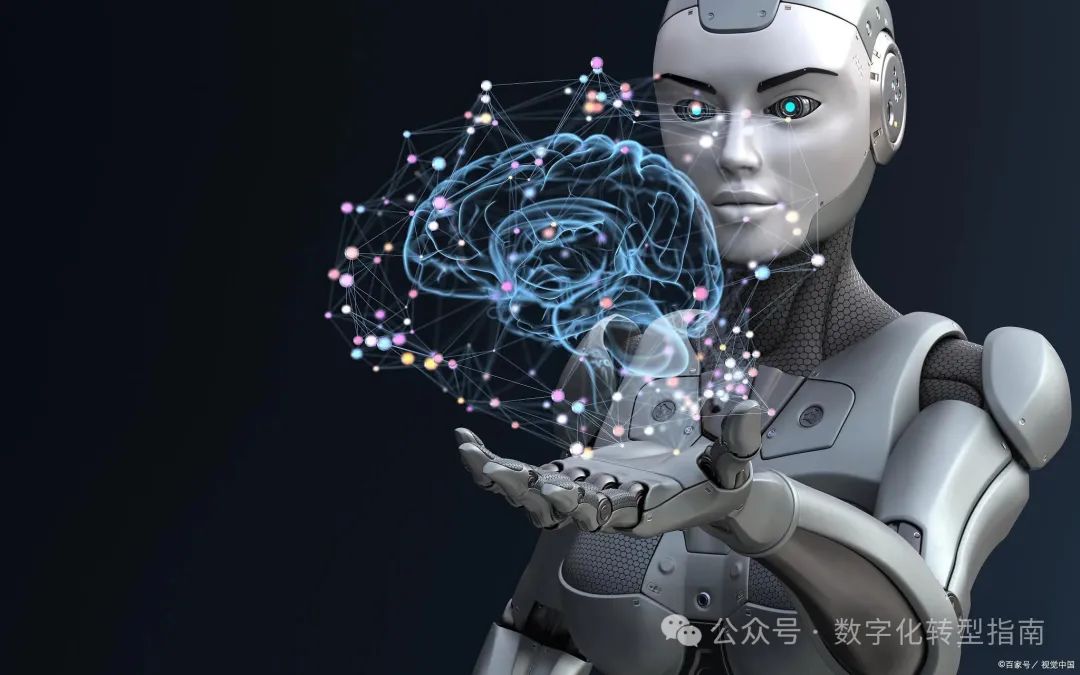
Manufacturing: Smart Brain for Production Scheduling
A large manufacturing enterprise previously relied on manual experience for production scheduling, facing complex orders, variable processes, and equipment failures, resulting in low scheduling efficiency and frequent errors, often leading to delivery delays and soaring costs. After introducing AI Agent, it collects data on orders, inventory, equipment, and personnel in real-time, optimizing scheduling with deep learning algorithms. For example, in the production of a precision instrument, AI Agent instantly analyzes thousands of processing steps, equipment compatibility, and manpower allocation, devising the optimal schedule, reducing the production cycle from 30 days to 22 days, cutting equipment idle time by 30%, and saving 15% on labor costs, significantly enhancing enterprise efficiency. The enterprise leader praised, “AI Agent has transformed production from chaos to order, marking a key step towards intelligent manufacturing.”
E-commerce: Precision Marketing “Godsend”
A new e-commerce enterprise faced challenges in precisely reaching consumers with traditional marketing methods due to the vast number of products and users. After integrating AI Agent, it deeply analyzed user behaviors such as browsing, purchasing, and favoriting to build user profiles for precise product recommendations. For example, in the maternal and infant section, it recommended radiation-proof clothing and prenatal vitamins to expectant mothers; new mothers received suggestions for baby diapers and milk powder. Data shows that precise recommendations increased product click-through rates by 35%, conversion rates by 20%, and repurchase rates by 18%, significantly boosting user activity and doubling store sales within six months, standing out in fierce competition.
Finance: Risk Prevention “Intelligent Guardian”
In the finance sector, risk prevention is crucial. A certain bank utilized AI Agent to monitor credit business in real-time, integrating multi-source data from credit systems, tax, and business data, and social networks for comprehensive customer credit assessment. When an enterprise applies for a loan, AI Agent quickly verifies the enterprise’s operating data, related transactions, and litigation situations, identifying recent financial strains and multiple private lending disputes, issuing timely risk warnings, leading the bank to reject the loan, thus avoiding potential losses. According to industry reports, financial institutions applying AI Agent have seen an average reduction of 12% in credit default rates and a 25% increase in the efficiency of handling bad assets, establishing a solid defense for financial stability and safeguarding investor wealth.
The Right Approach for Enterprises to Embrace AI Agent

Selecting the Right AI Agent Solution
When introducing AI Agent, precise selection is crucial for enterprises. Large enterprises with complex operations and large data volumes might consider building their own AI Agent systems, deeply customized to meet diverse needs in production, supply chain, R&D, etc. For instance, Huawei has built an intelligent operation AI Agent based on its strong technological capabilities, monitoring global base station equipment in real-time, improving fault warning and repair efficiency by 30%. However, building such systems incurs high costs and long cycles, requiring professional teams for operation and maintenance. Small and medium-sized enterprises with limited funds and technology should opt for cloud-based SaaS AI Agent models, allowing quick deployment of customer service, marketing, and other functions, such as Youzan providing intelligent marketing AI Agent for small and medium-sized merchants, reducing average marketing costs by 20% and increasing conversion rates by 15%. When selecting, enterprises should comprehensively compare different solutions in terms of functionality, cost, scalability, usability, and security, and refer to peer cases or consult professional institutions to ensure they select the “best partner” that fits their development.
Ensuring Data Quality and Security
Data is the “fuel” for AI Agent, and its quality and security are crucial to success. Poor data quality may lead AI Agent to go “astray,” making erroneous decisions. A certain manufacturing enterprise faced frequent errors in scheduling optimization due to incorrect and inconsistent production data entry. Enterprises must control data quality from the source, standardizing data collection processes, using ETL tools to clean and transform data, ensuring accuracy and consistency; during storage, adopting distributed file systems and object storage to guarantee data reliability, setting up redundancy backups and off-site disaster recovery to prevent data loss; during usage, following the principle of least privilege for authorization, using data anonymization and encryption techniques to prevent leaks. Financial institutions, when utilizing AI Agent for risk assessment, encrypt user financial data during transmission and storage, only opening necessary fields for analysis, ensuring privacy and security, allowing data to inject strong power into AI Agent, driving enterprises forward steadily.
Fostering Employee AI Literacy
As AI Agent integrates into enterprises, employee roles shift from traditional executors to “human-machine collaboration commanders.” Enterprises should support employees in enhancing their AI literacy by offering internal training covering AI fundamentals, tool operations, and industry cases. For example, Alibaba customizes AI training courses for employees, ranging from beginner to advanced practical training, covering applications in intelligent customer service, data analysis, etc., with over ten thousand employees graduating; they can also organize online learning, workshops, and invite experts to share cutting-edge trends, encouraging employees to participate in industry forums and competitions to broaden their horizons. Additionally, an incentive mechanism can be established to reward teams and individuals who effectively utilize AI Agent to enhance performance with bonuses and promotion opportunities, stimulating employee enthusiasm, fostering a culture of human-machine collaborative innovation, unlocking new momentum for enterprise development, and sailing smoothly through the digital wave.
Looking Ahead: The New Blueprint for Enterprises Driven by AI Agent
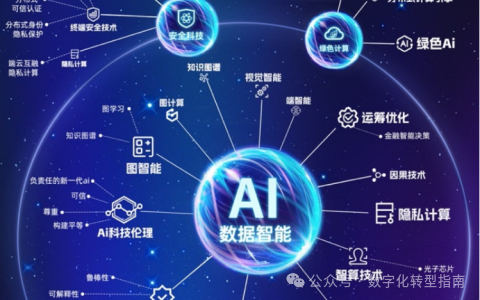
Looking ahead, the development prospects of AI Agent are exhilarating. With continuous technological iteration, multi-agent collaboration will become the norm, with AI Agents of different specializations working together like a well-coordinated elite team, showcasing their abilities in complex projects. For instance, in urban planning, traffic planning AI Agent, architectural design AI Agent, and ecological assessment AI Agent could collaborate to comprehensively create a livable smart city blueprint, significantly shortening planning cycles and enhancing urban development quality.
Cross-domain integration will also inject new vitality into AI Agent, closely integrating with cutting-edge technologies such as the Internet of Things, blockchain, and quantum computing. In the healthcare sector, AI Agent could work with wearable devices and genetic testing technologies to monitor health data in real-time and accurately predict disease risks, paving new paths for personalized medicine; in industrial production, integrating blockchain to achieve full supply chain traceability and ensure product quality, leveraging quantum computing’s powerful computing capabilities to optimize complex process simulations, leading to exponential leaps in production efficiency and quality.
On the enterprise operation level, AI Agent will deeply integrate into various processes, driving innovation and growth from market insights, product R&D to sales and after-sales. Enterprises leveraging AI Agent will keenly capture global market dynamics and quickly iterate products; employees and AI Agent will collaborate deeply, unleashing infinite creativity, ensuring smooth and efficient workflows, reducing costs and boosting benefits. AI Agent is leading enterprises across the digital wave towards a smart, efficient, and innovative future, opening unprecedented glorious chapters.